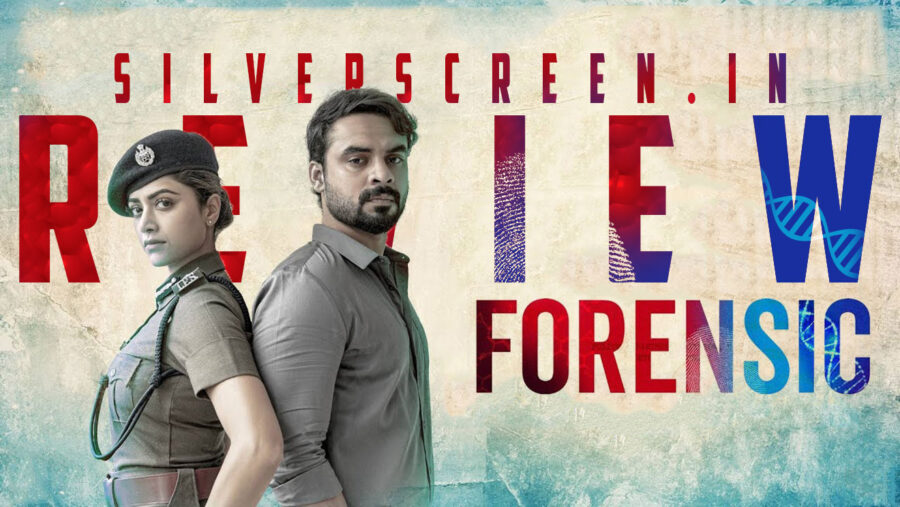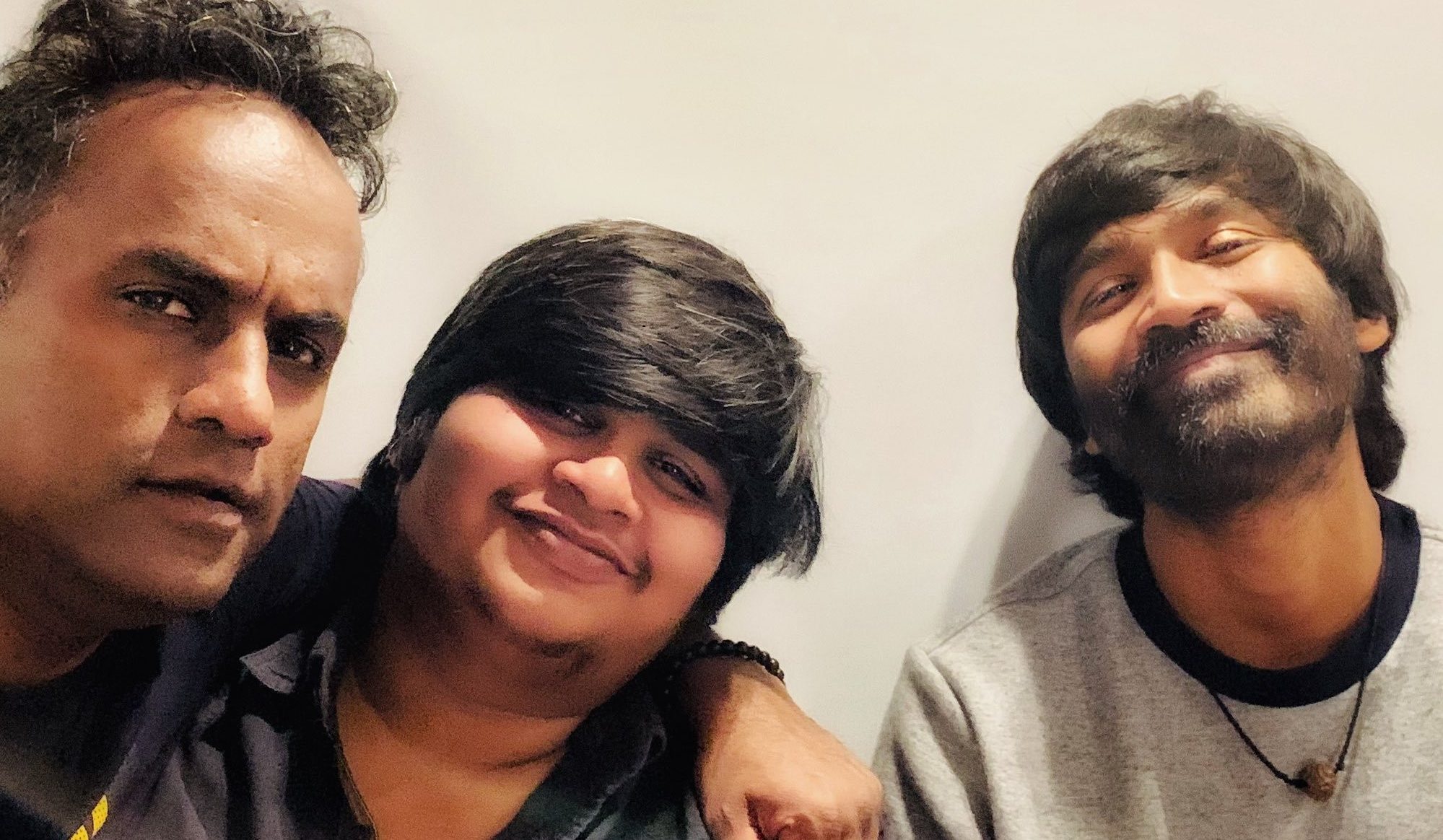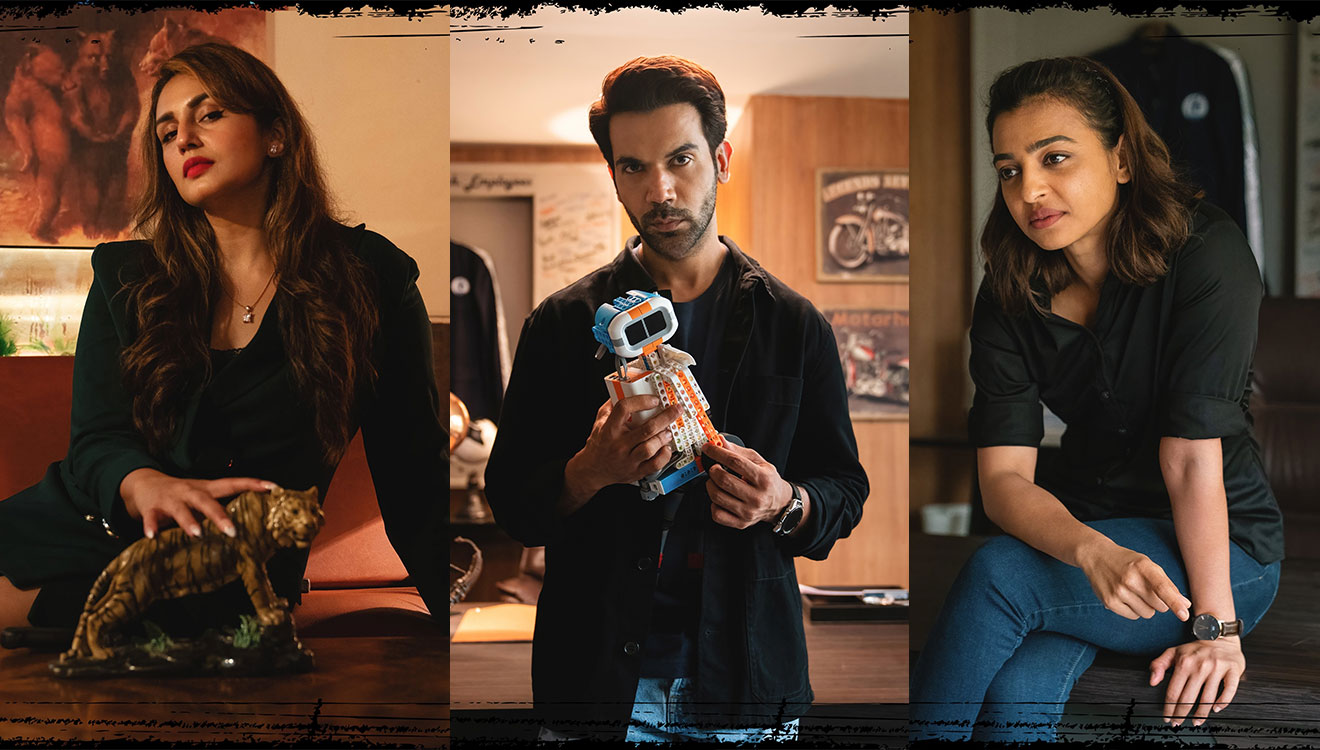Cast: Tovino Thomas, Mamta Mohandas, Reba Monica
Director: Akhil Paul, Anas Khan
*Spoiler Alert*
The tail end of Forensic, directed by Akhil Paul and Anas Khan, has a long-winded sequence which shows how the serial killer at the centre of the film executed his crimes. There is gore and distress-inducing music. And there are images of terrified faces of the victims﹣little girls picked up from various parts of the city ﹣and close-ups shots of the monstrous murderer grinning, staring right into the camera.
Unlike Indian crime-dramas like Raman Raghav 2.0 (Anurag Kashyap, 2016), unapologetically sadistic and dark, which used deeply disturbing images of violence to express a sense of hopelessness that pervades Indian cities and its inhabitants, Forensic’s approach to the material in hand is utterly exploitative, devoid of any deeper significance. Violence is used only to unsettle the viewers and stop them from diving into critical thinking.
The narrative proceeds as a cat-and-mouse chase between a police team led by Ritika Xavier (Mamta Mohandas), an IPS officer, and a serial killer who has brought Thiruvananthapuram city under the grip of fear. On the surface, there is no motive for the crimes. Other than the modus operandi, there seems to be no pattern that connects the victims. With the help of a young and abled forensic scientist, Sam (Tovino Thomas), the cops find clues that take them to the skeletons of a long-buried case.
The unconventional profession of the protagonist ﹣Sam is a medico-legal advisor to the police ﹣lends the film an opportunity to throw some interesting and cool trivia about the world of DNA analysis and forensic sciences. Sam is introduced through a scene that highlights his wit. In a matter of a few minutes, he breaks a seemingly solid alibi of a man accused of domestic violence and murder.
But it also poses to the film’s makers a serious challenge, to turn lab activities cinematic. In order to familiarise the audience with the terms and functions of the forensic sciences department, the film brings in a sub-character, an intern who, despite her confidence and educational qualifications, has to patiently listen to Sam explaining the fundamentals of his job every time they are in the laboratory.
The film’s overt dependence on dialogues isn’t just limited to the aforesaid situation. In the climactic part of the film, the chief antagonist explains to Sam and the audience why and how he did what he did. There is no intrigue, or rise and fall of tension. Just a bland monologue and an uninspiring showdown.
After the first set of clues emerge, Forensic takes the shape of a horror-thriller where instead of supernatural elements you have unusual malefactors ﹣children. The camera captures the juvenile criminals like possessed. One of them, Ruben, has always lived under the watchful eyes of the government, in juvenile homes and mental institutions, but has long unruly hair like a feral child. There are many typical instances of jumpscares and tracking shots where the camera follows a character, imitating the demon’s point of view, only to reveal something mundane and harmless.
This is perhaps the first Malayalam mainstream film to talk about the violent, antisocial behaviour in kids. It is startling to think that they are capable of committing heinous crimes. But it is even more unnerving to think that they could become puppets in the hands of dangerous adults. The film does a good job of creating intrigue and a sense of eeriness in the film’s second act, with ample help from two excellent child actors who outperform their adult co-actors.
Notwithstanding these novel ideas, the film doesn’t really rise to the realm of extraordinary because it uses archaic narrative devices. Right from the staging of the scenes of child abduction to the tinkling music used in scenes involving children and the dark dungeon from where the antagonist operates, everything reeks of cinematic cliches.
The film’s prologue, a flashback sequence that showcases the harrowing childhood and early teenage of an unnamed character, is an overfamiliar one in mainstream cinema. The several shots of the antagonists, children and adults, breaking the fourth wall and staring at the audience, flaunting their devilishness, is a lazy shorthand that says, “Look how evil we are!” Sure, it induces the intended creepiness. But eventually, the film drowns in its own unimaginativeness.
The hierarchy and power dynamics within the police force is hurriedly illustrated. Every time the hero makes a good point, his superior officer dismisses it out of hand and berates him for overstepping boundaries. This repeats with ritualistic fervour.
Sam’s initial scenes with Shikha (Reba Monica) are designed like the meet-cute instances in a regular romantic-comedy. She is haughty, yet adorable. He is young and desirable. Although the film refrains from developing their relationship into an awkward workplace romance, it doesn’t make an effort to flesh out its female characters.
The film invests an undue amount of attention on Sam, thereby limiting the scope of other characters, including Ritika who is the most affected party in the whole scheme of things. In actuality, a medico-legal officer’s scope of work might have boundaries, but Sam is an all-rounder who untangles the web of crime before anyone else in the police team does and physically takes down villains like a pro. Ritika, at the same time, is relegated to a poorly-written secondary role, of a jealous colleague and a short-sighted sleuth.
Recommended
Tovino Thomas plays Sam with a lot of likeability. But one can’t help notice the out-of-place enthusiasm in his body language and voice when he is explaining his process or introducing a new device in his laboratory, like a model selling a product on television. Mamta Mohandas sleepwalks through a role that has come to be her comfort zone, where her natural sophistication and elan comes handy.
Forensic is spiritually similar to middling works such as Anjaam Pathira which places familiar cinematic gimmicks above great writing that takes the audience by surprise and smart filmmaking. And moreover, a striking sense of misanthropy overshadows the pursuit of justice at the core of these films.
The Forensic review is a Silverscreen original article. It was not paid for or commissioned by anyone associated with the film. Silverscreen.in and its writers do not have any commercial relationship with movies that are reviewed on the site.



